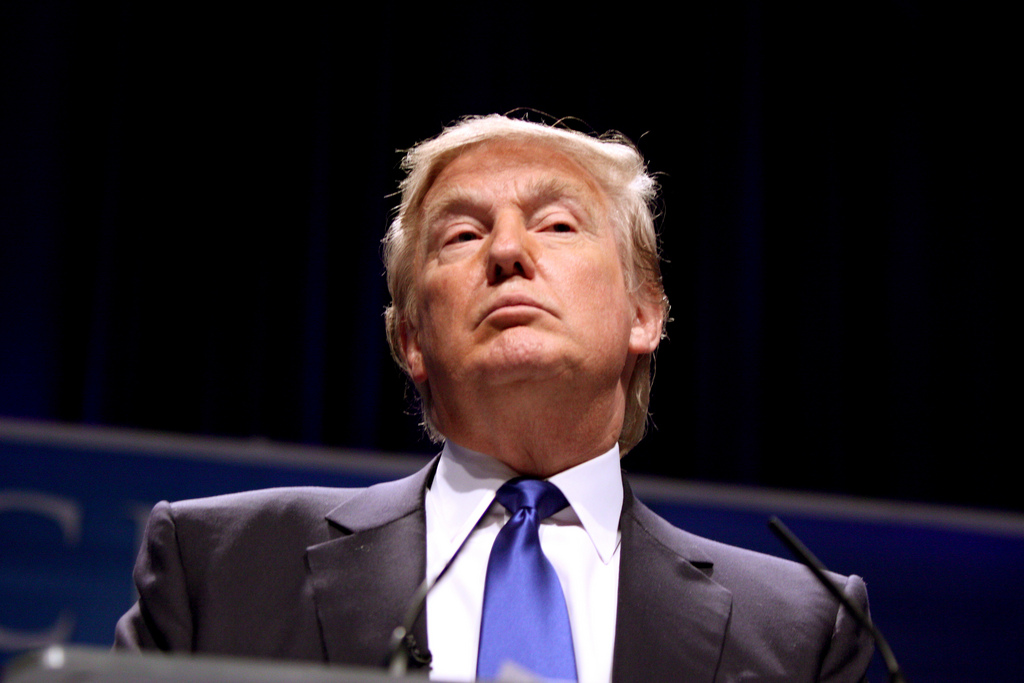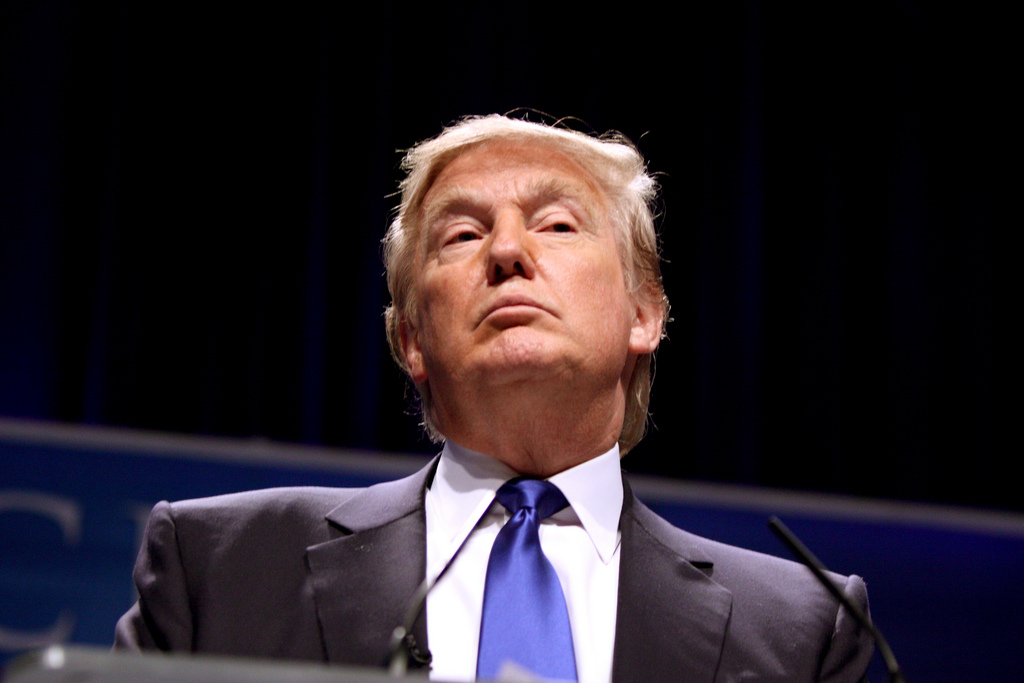This is my birthday gift from Roomie. Yes, it is as big as it looks. Over five feet tall. The choice of an elephant is because of my long interest in elephants and the Ringling Brothers court case…not as the Republican symbol. He didn’t give it to me to use as a punching bag. The […]
Year: 2016

Last week, we established that Trump can’t abolish the EPA, or any other department or regulatory agency without Congressional support. Even if Congress and Trump do abolish an agency or department, the laws the organization enforces still must be enforced. What about those laws? Can Trump abolish a law, or refuse to enforce it?

Donald Trump made a lot of promises during his run for the White House, and his transition team picks seem to support some of the most egregious. There’s a world of difference, though, between a promise and the capability to fulfill that promise—even for the holder of the highest office in the land.

I’m interested in the food industry primarily because of an interest in food safety and the environment. I’m not a Michael Pollan groupie, but when it comes to large corporations and consumers, I generally land on the side of the consumer. My dual interest in the food industry and Clinton emails crossed recently with the release […]

Update Well, the debate happened. Hillary Clinton cleaned Trump’s clock. Trump fell apart. And, by all indications, Lester Holt did a good job. See? This is the way it’s done: In both cases, Holt called out Trump’s lies in advance. He called the questions Trump raised about President Barack Obama’s birthplace “false claims” and noted […]
